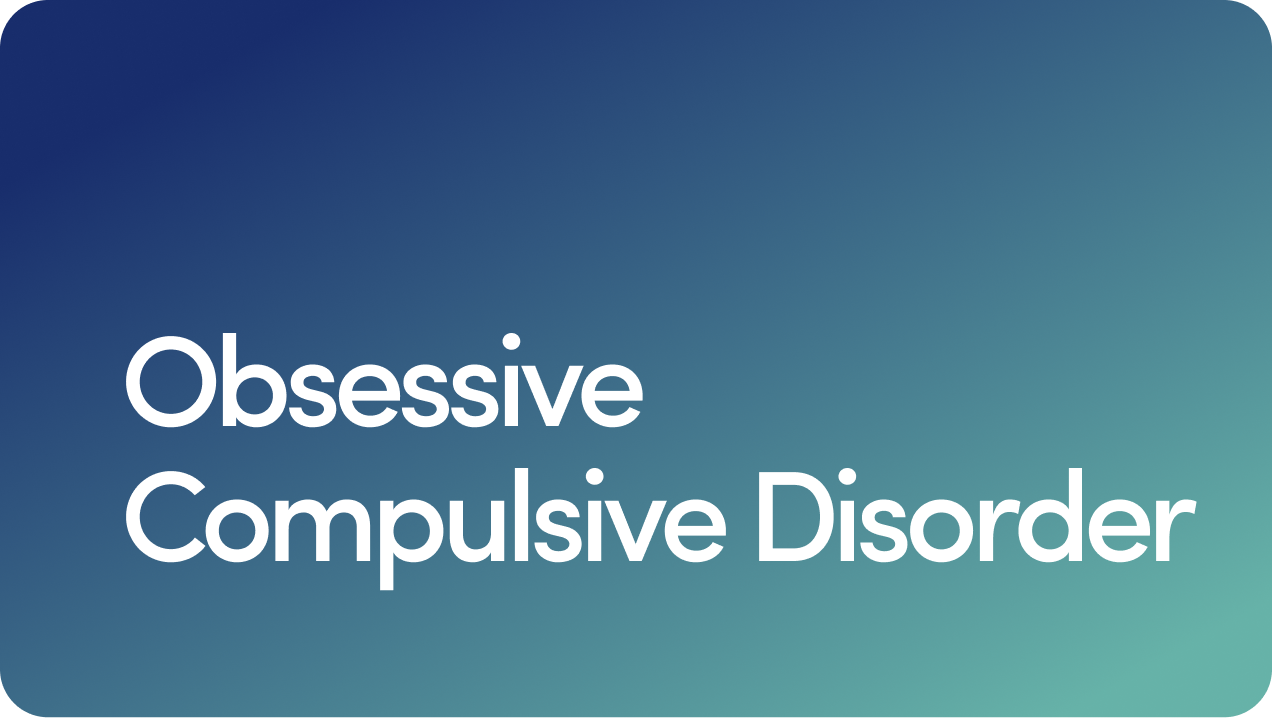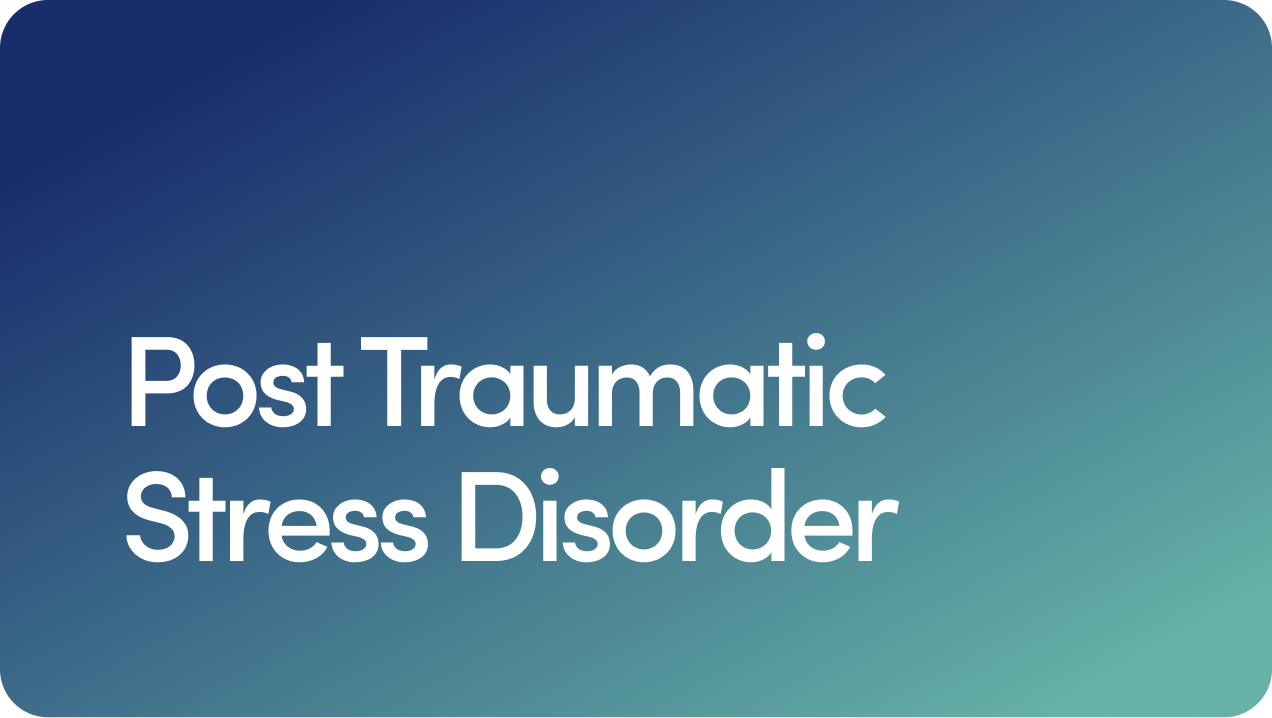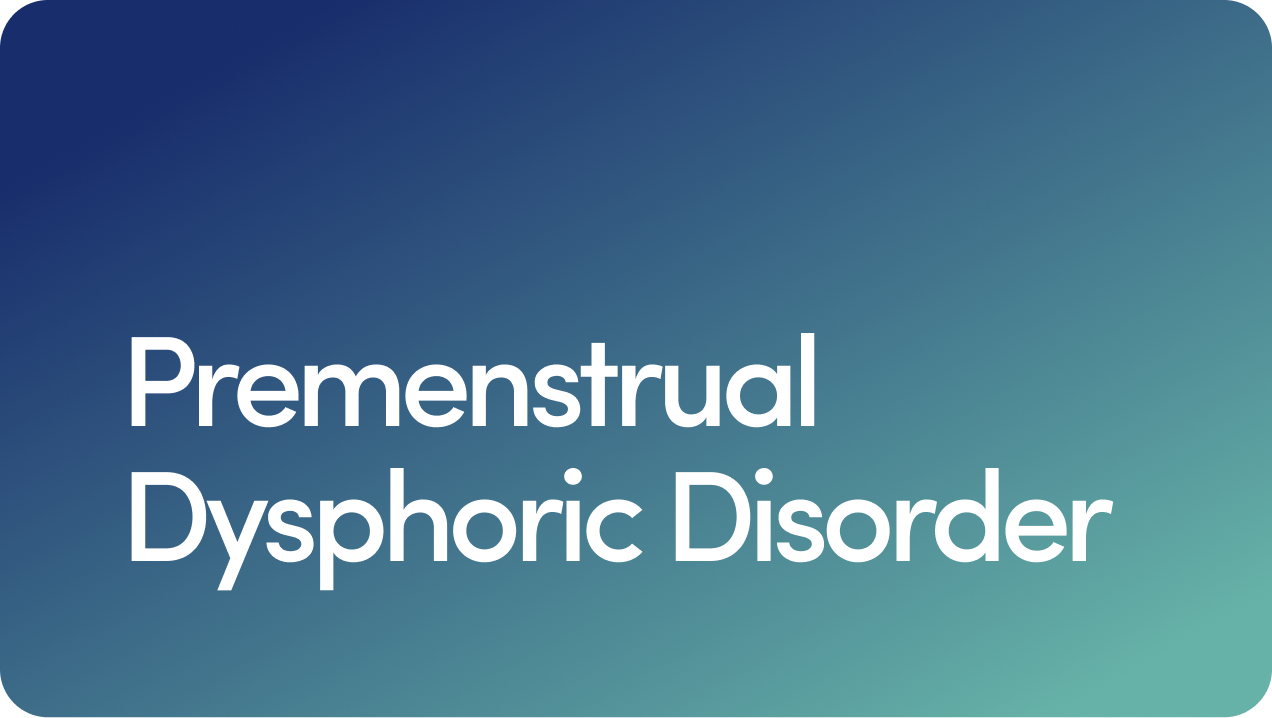Content
Free Mental Health Assessment
Does Amitriptyline Cause Weight Gain?

If you have depression, an anxiety disorder or a form of chronic pain, your healthcare provider may prescribe an antidepressant called amitriptyline.
It’s normal to have concerns about side effects when you start using a new medication. In fact, even a quick online search for antidepressant treatment options can turn up a lot of conflicting information about what to expect in terms of potential adverse effects.
One common side effect that many people wonder about with amitriptyline and other treatment options for depression is weight gain.
Although early studies of amitriptyline and similar antidepressants did find a link between their use and changes in weight, most modern research suggests that medications like amitriptyline aren’t linked to any significant amount of weight gain.
Below, we’ve gone into more detail about what amitriptyline is, as well as how it works to treat depression.
We’ve also dug into the research on amitriptyline and weight gain to explain how you can keep your weight and body composition consistent while using medication for depression.
Content
What is Amitriptyline?
Amitriptyline, which is sold as a generic medication and under the brand name Elavil®, is a type of medication that’s used to treat depression.
More specifically, amitriptyline belongs to a class of drugs referred to as tricyclic antidepressants (TCAs). This class of antidepressants works by increasing levels of certain neurotransmitters in your brain and body, such as serotonin and norepinephrine.
This medication is taken orally, and generally patients start with taking 25mg at bedtime. If this dosage doesn’t improve your depressive symptoms, your healthcare provider may increase it to help you gain better relief from depression.
Amitriptyline is approved by the FDA as a medication for major depressive disorder (MDD). It’s also used off-label to treat a variety of conditions, including:
Sleep disorders, such as insomnia
Chronic and/or severe migraines
Irritable bowel syndrome (IBS)
Sialorrhea (excessive salivation)
Interstitial cystitis (bladder pain syndrome)
Shingles complications, such as postherpetic neuralgia
Diabetic neuropathy, fibromyalgia and other chronic pain conditions
As a tricyclic antidepressant, amitriptyline generally isn’t used as a first-line treatment (meaning the first type of medication that’s prescribed for a certain condition) for major depression.
Instead, depression is generally treated with newer antidepressants, such as selective serotonin reuptake inhibitors (SSRIs), which offer similar results to amitriptyline and other antidepressants with a lower risk of side effects.
However, your healthcare provider may prescribe amitriptyline if SSRIs or other medications are ineffective for you, or if you have a condition that’s best treated with amitriptyline specifically.
For example, although amitriptyline is slightly more likely to cause side effects than newer drugs for depression, research suggests that it’s more effective at treating clinical depression for some people.
Side Effects of Amitriptyline
So, what are the potential side effects of amitriptyline, and is an increase in body weight one of them?
Like other antidepressants, amitriptyline can cause a range of side effects. Most of these issues are mild and transient, meaning they gradually improve. However, certain unwanted side effects of amitriptyline may be more severe and/or persistent.
Common amitriptyline side effects include:
Nausea
Vomiting
Drowsiness
Confusion
Dry mouth
Headaches
Physical weakness
Unsteadiness
Tiredness
Confusion
Nightmares
Blurred vision
Constipation
Difficulty urinating
Excessive sweating
Changes in appetite
Changes in weight
Amitriptyline can also cause sexual side effects, such as changes in your level of interest in sex or sexual functioning.
Although uncommon, amitriptyline may also cause more serious side effects, such as orthostatic hypotension (low blood pressure while standing), heart rate variation, acute angle glaucoma and a reduced seizure threshold.
As with other antidepressants, amitriptyline comes with a “black box” warning from the FDA that notifies users of an increased risk of suicidal ideation and behavior in children, adolescents and adults aged 24 years or less.
If you notice any side effects while using amitriptyline -- particularly if they’re bothersome and/or severe -- it’s important to talk to your healthcare provider as soon as you can.
You may have noticed that one of the potential side effects of amitriptyline above is “changes in weight.” Over the years, several studies have looked into the weight-related side effects of TCA medications like amitriptyline, with some research suggesting that it causes weight gain.
For example, one study published in the Journal of Affective Disorders in 1984 found that users of tricyclic antidepressants such as amitriptyline experienced an average weight increase of 1.3 to 2.9lbs per month, resulting in a total weight gain of three to 16lbs over six months.
This study also found that the participants showed significant weight loss after ending treatment with tricyclic antidepressants.
As a result of study findings such as this, medications like amitriptyline are often perceived to be highly likely to cause excessive weight gain, especially when they’re used over the long term.
However, the reality is more complicated. This study, while helpful, isn’t perfect. For example, its sample size consists of only 40 people, who used three different antidepressants -- amitriptyline, imipramine and nortriptyline.
Furthermore, the study -- which was published in the mid-1980s -- only featured people treated with antidepressants, without a control group. This makes it difficult to know if any weight gain that occurred during the study was caused by the medications or by other, unrelated factors.
More recent, higher quality research generally suggests that the link between amitriptyline and weight gain isn’t quite as strong as originally thought.
For example, one systematic review published in 2015 in the Journal of Clinical Endocrinology and Metabolism looked at a range of randomized trials that compared popular antidepressants to placebo treatments and assessed their effects on body weight.
The authors of the review found that amitriptyline was associated with average weight gain of just 1.8kg (approximately four pounds), which was slightly higher than the average amount of weight gained from newer antidepressants, such as fluoxetine (Prozac®).
Another larger and more recent study, which was published in the journal JAMA Psychiatry in 2014, found that amitriptyline produced less weight gain than citalopram (Celexa®), an SSRI that’s commonly used as a first-line treatment for depression.
Overall, although amitriptyline is linked to some degree of weight gain, the average amount of weight that’s gained during treatment is only a few pounds.
If you’re prescribed amitriptyline or another antidepressant medication and notice that you’re starting to gain weight, there could be a reason other than your medication.
For many people, depression can result in a loss of appetite that can affect your eating habits and cause you to lose weight.
If amitriptyline or a similar antidepressant drug improves your mood, you may go back to your previous eating habits, causing you to gain back any weight that you may have lost while you were eating less.
You may also go through changes in your activity level while dealing with and recovering from depression that affect your average daily energy expenditure and weight regulation.
Dealing with weight gain can be a frustrating experience, especially when you’re trying to focus on recovering from depression. Thankfully, there are several things to do if you notice that your weight is starting to increase while using amitriptyline or a similar antidepressant:
Try not to worry about small weight fluctuations. It’s normal for your weight to go up and down over the course of the week. If you only notice a gain or loss of a few pounds from your baseline weight, it’s generally best not to worry about it.
Take note of your eating habits and food intake. There’s no evidence that drugs like amitriptyline affect your metabolism, meaning any weight gain is generally the result of a change in your intake of food and beverages.
If you’re becoming concerned about weight gain, try to take note of your eating habits to see if you’re consuming more calories than normal.Focus on a healthy diet. Regardless of what medications you may be on, your meals should contain protein (like lean meats and fish), a healthy carbohydrate (such as fruit, veggies or whole grains) and healthy fats.
Try to eat a balanced, healthy diet with appropriate portion sizes. Sticking to a balanced diet can help you to manage your weight and avoid unwanted weight gain.Try increasing your physical activity level. Not only can regular exercise help you to maintain a healthy weight -- it also offers benefits for the treatment of depression thanks to its effects on endorphins and neurotrophic factors.
Try to keep yourself physically active. If you’ve noticed your weight creeping up, adding a daily walk, jog, bike ride or other form of physical exercise to your schedule may help you to lose weight while improving your mental wellbeing.Keep yourself well hydrated. Staying hydrated can help to keep you full. Try to stick to low or zero-calorie drinks such as water, and drink on a regular basis to avoid becoming dehydrated during the daytime.
Talk to your healthcare provider. If you’re uncomfortable with changes in your weight that occur while using amitriptyline, let your healthcare provider know. They may switch you to a different antidepressant or suggest changes to make to your routine.
Alternatives to Amitriptyline
Amitriptyline is one of many medications used in antidepressant therapy. These days, it’s largely been phased out as a first-line treatment for depression in favor of newer antidepressants with a lower risk of side effects.
If you’re prescribed amitriptyline and have concerns about weight gain or other side effects, you may want to consider talking to your healthcare provider about using a different medication.
We offer several modern antidepressants via our online mental health platform, including SSRIs and serotonin-norepinephrine reuptake inhibitors (SNRIs).
We also offer bupropion (Wellbutrin®), an atypical antidepressant medication that has a reduced risk of causing weight gain when compared to other medications for depression.
You can find out more about your options for treating depression and anxiety by taking part in a provider evaluation now using our online psychiatry service.
If appropriate, you may receive a prescription for medication and ongoing follow-ups to check in on your results and progress.
Antidepressant medications like amitriptyline can be valuable tools for treating depression. Used in combination with options such as psychotherapy and changes to your lifestyle, they can make your symptoms less severe and help you to make real progress towards recovering.
Although amitriptyline does appear to cause a small degree of weight gain on average, it isn’t a significant amount. Most research only shows minor weight changes that are either comparable to or lower than those from similar antidepressants.
If you’ve noticed your weight going up after recently starting treatment with amitriptyline, do not stop taking your medication abruptly.
Doing this may cause your depression symptoms to return and increase your risk of developing antidepressant withdrawal symptoms.
Instead, try talking to your mental health provider or connecting with a psychiatry provider using our online psychiatry platform. They’ll be able to assess what’s going on and give you actionable advice to keep yourself both mentally and physically healthy.
11 Sources
Hims & Hers has strict sourcing guidelines to ensure our content is accurate and current. We rely on peer-reviewed studies, academic research institutions, and medical associations. We strive to use primary sources and refrain from using tertiary references.
- Amitriptyline. (2017, July 15). Retrieved from https://medlineplus.gov/druginfo/meds/a682388.html
- Thour, A. & Marwaha, R. (2022, May 15). Amitriptyline. StatPearls. Retrieved from https://www.ncbi.nlm.nih.gov/books/NBK537225/
- Moraczewski, J. & Aedma, K.K. (2022, May 2). Tricyclic Antidepressants. StatPearls. Retrieved from https://www.ncbi.nlm.nih.gov/books/NBK557791/
- Chu, A. & Wadhwa, R. (2022, May 8). Selective Serotonin Reuptake Inhibitors. StatPearls. Retrieved from https://www.ncbi.nlm.nih.gov/books/NBK554406/
- Barbui, C. & Hotopf, M. (2018). Amitriptyline v. the rest: still the leading antidepressant after 40 years of randomised controlled trials. The British Journal of Psychiatry. 178 (2), 129-144. Retrieved from https://www.cambridge.org/core/journals/the-british-journal-of-psychiatry/article/amitriptyline-v-the-rest-still-the-leading-antidepressant-after-40-years-of-randomised-controlled-trials/149B8AB17D99C548445A9E40986FADF3
- Berken, G.H., Weinstein, D.O. & Stern, W.C. (1984, October). Weight gain. A side-effect of tricyclic antidepressants. Journal of Affective Disorders. 7 (2), 133-138. Retrieved from https://pubmed.ncbi.nlm.nih.gov/6238068/
- Domecq, J.P., et al. (2015, February). Drugs Commonly Associated With Weight Change: A Systematic Review and Meta-analysis. The Journal of Clinical Endocrinology & Metabolism. 100 (2), 363-370. Retrieved from https://www.ncbi.nlm.nih.gov/pmc/articles/PMC5393509/
- Blumenthal, S.R., et al. (2014, August). An Electronic Health Records Study of Long-Term Weight Gain Following Antidepressant Use. JAMA Psychiatry. 71 (8), 889-896. Retrieved from https://jamanetwork.com/journals/jamapsychiatry/fullarticle/1878922
- Medication Frequently Asked Questions. (n.d.). Retrieved from https://www.nami.org/FAQ/Mental-Health-Medication-FAQ/My-doctor-recently-started-me-on-an-antidepressant
- Moon, J., Gwanpyo, K., (2020). Clinical Evidence and Mechanisms of High-Protein Diet-Induced Weight Loss. Journal of Obesity and Metabolic Syndrome. 29 (3), 166-173 Retrieved from https://www.jomes.org/journal/view.html?doi=10.7570/jomes20028
- Exercise is an all-natural treatment to fight depression. (2021, February 2). Retrieved from https://www.health.harvard.edu/mind-and-mood/exercise-is-an-all-natural-treatment-to-fight-depression
This article is for informational purposes only and does not constitute medical advice. The information contained herein is not a substitute for and should never be relied upon for professional medical advice. Always talk to your doctor about the risks and benefits of any treatment. Learn more about our editorial standards here.
Related Articles
Depression Medications: A Complete Guide
Written by Taylor Trudon
Published November 16, 2023
Medication for Anxiety: A Complete Guide
Written by Geoffrey C. Whittaker
Published November 3, 2023
Selective Serotonin Reuptake Inhibitors (SSRIs): A Complete Guide
Written by Nicholas Gibson
Published November 16, 2023
Related Conditions
 Anxiety
Anxiety
 Depression
Depression
 OCD
OCD
 PTSD
PTSD
 Bipolar Disorder
Bipolar Disorder
 Premenstrual Dysphoric Disorder
Premenstrual Dysphoric Disorder